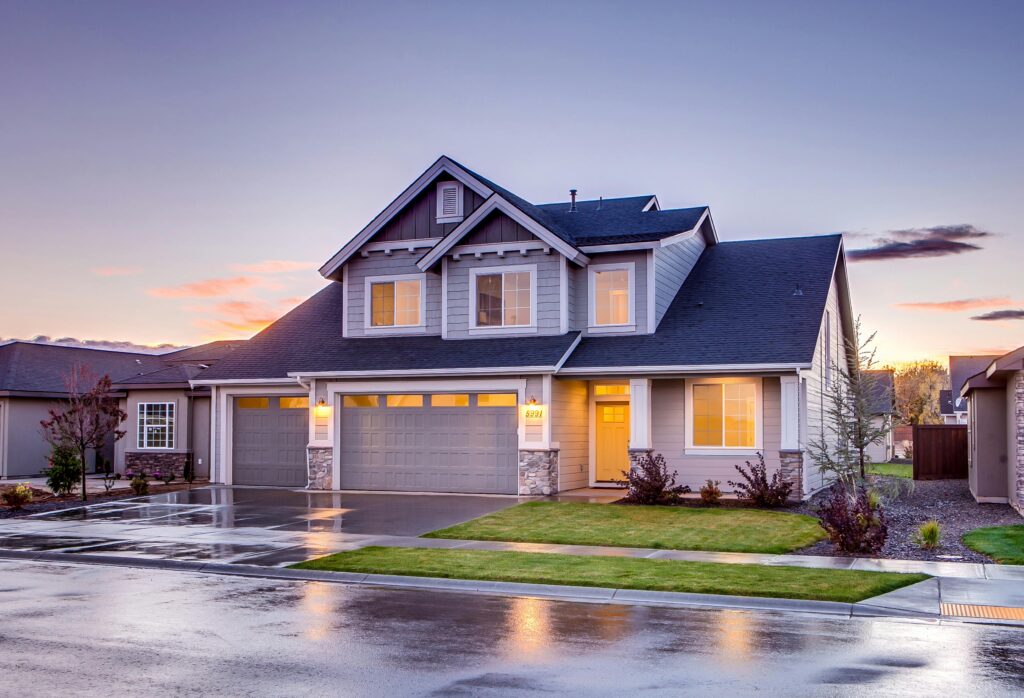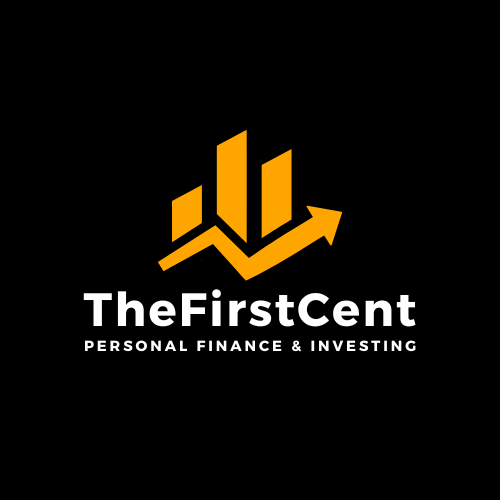The decision to rent or buy a home has long been a significant financial milestone for individuals and families alike. In 2024, this choice is even more complex due to evolving market conditions, fluctuating mortgage rates, and shifting personal priorities. This comprehensive guide will explore the pros and cons of renting and buying a home, helping you make an informed decision tailored to your financial situation and lifestyle goals.

Renting a Home in 2024
Renting remains a popular choice for those who value flexibility or are uncertain about long-term housing plans. Here are the key advantages and disadvantages:
Pros of Renting
- Flexibility: Renting offers unmatched mobility. Whether you need to relocate for a job or simply want a change of scenery, renting allows you to move without the complexities of selling a property.
- Lower Upfront Costs: Unlike buying, which often requires a hefty down payment, renting typically involves only a security deposit and the first month’s rent. This can be appealing for those building savings.
- Reduced Responsibility: Maintenance and repair costs are usually the landlord’s responsibility. This can save tenants both money and stress.
- Access to Amenities: Many rental properties come with amenities like pools, gyms, or security services that might be unaffordable for individual homeowners.
Cons of Renting
- No Equity Building: Monthly rent payments do not contribute to building wealth or ownership. Renters miss out on the potential financial benefits of property appreciation.
- Rising Rental Costs: In 2024, rental prices continue to climb in many cities. This can make renting less affordable over time.
- Limited Control: Tenants are often restricted by lease terms, such as limitations on renovations or pet ownership.
- Potential for Eviction: Renting carries the risk of landlords deciding not to renew a lease, selling the property, or raising rents significantly.
Buying a Home in 2024
Buying a home remains a long-term financial goal for many, symbolizing stability and the opportunity to build wealth. However, it also comes with its own set of challenges and rewards.
Pros of Buying
- Equity Growth: Monthly mortgage payments contribute to building equity over time, providing a financial safety net and potential return on investment.
- Predictable Payments: With a fixed-rate mortgage, homeowners can enjoy stable monthly payments, unlike renters who face potential annual increases.
- Tax Benefits: Homeowners can often deduct mortgage interest and property taxes from their federal income taxes, offering significant savings.
- Creative Freedom: Homeownership allows you to customize your space without landlord restrictions, from painting walls to remodeling kitchens.
Cons of Buying
- High Upfront Costs: A down payment (typically 10-20% of the home’s price), closing costs, and moving expenses can be significant barriers to entry.
- Ongoing Maintenance: Homeowners are responsible for all repairs and maintenance, which can add unexpected costs to a household budget.
- Market Risk: Real estate markets can fluctuate, and there’s no guarantee that a property’s value will increase over time.
- Reduced Flexibility: Selling a home can be a lengthy and costly process, making it harder to relocate quickly.
Key Market Factors in 2024
Several market trends in 2024 impact the renting vs. buying decision:
- Mortgage Rates: While rates have stabilized compared to 2023, they remain higher than pre-pandemic levels. This increases monthly payments for buyers.
- Housing Inventory: Limited supply in popular areas continues to drive up home prices, making it harder for first-time buyers to enter the market.
- Rental Market: Urban rental markets are experiencing higher demand, leading to increased competition and rental prices.
- Remote Work Trends: More people are opting to live in suburban or rural areas, where housing is often more affordable, blurring the lines between renting and buying advantages.
Which Option is Right for You?
The decision ultimately depends on your financial goals, lifestyle preferences, and long-term plans. Here are some questions to guide your choice:
- How Stable is Your Income? Buying a home requires a stable income to manage mortgage payments and unexpected expenses. Renting may be better if your income is variable or uncertain.
- What Are Your Long-Term Plans? If you plan to stay in one place for at least 5-7 years, buying may be more cost-effective. For shorter stays, renting is often the smarter financial choice.
- Can You Afford the Upfront Costs? Assess your savings to determine if you can comfortably afford a down payment and other initial costs of homeownership.
- Do You Value Flexibility? Renting is ideal for those who prioritize mobility and adaptability, while buying is better suited for those seeking stability.
Conclusion
In 2024, deciding between renting and buying a home requires careful consideration of your financial circumstances, lifestyle needs, and market trends. While renting offers flexibility and lower upfront costs, buying provides stability, equity growth, and long-term financial benefits. Evaluate your priorities and run the numbers to choose the option that best aligns with your goals.
Whether you decide to rent or buy, making an informed choice will put you on the path to financial success. Stay tuned to TheFirstCent for more insights and advice on personal finance and investing!
